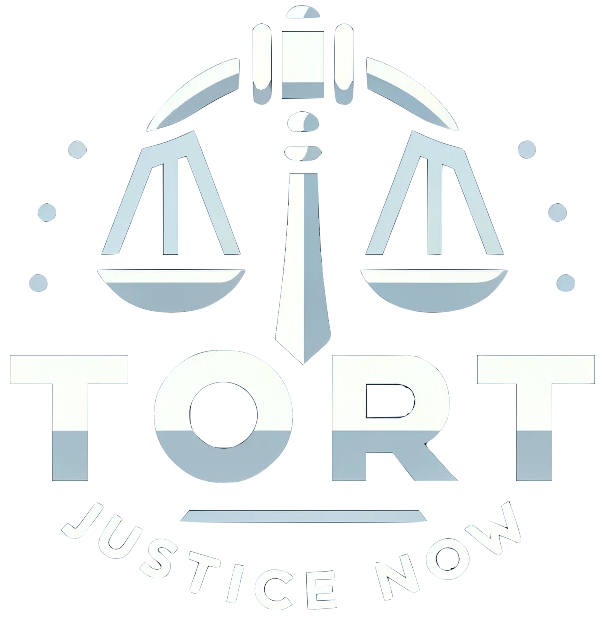Zantac Use Linked to Cancer - Get the Legal Help You Need Today
Were You Affected by Zantac? Find Out If You Qualify for Compensation!
Zantac, a once-popular heartburn medication, has been linked to several types of cancer due to contamination with NDMA, a known carcinogen. If you or a loved one used Zantac and were diagnosed with cancer, you may be entitled to compensation. Our experienced legal team is here to help you navigate your options and seek the justice you deserve. Contact us today for a free consultation and find out if you qualify for a Zantac lawsuit.
Check Your Eligibility

The Hidden Risks of a Popular Heartburn Medication
Zantac, once a trusted remedy for heartburn and acid reflux, has been linked to significant health risks. Recent findings show that Zantac and its generic counterpart, ranitidine, contain NDMA, a potent carcinogen. Exposure to NDMA can increase the risk of developing several types of cancer, including stomach, bladder, and esophageal cancer. This revelation has left many former Zantac users concerned about their health. Our team is here to provide you with the latest information on the dangers associated with Zantac and guide you on your path to justice.
Secure Your Future with Expert Legal Guidance
Filing a lawsuit against pharmaceutical companies can be a daunting process, especially when dealing with the aftermath of a serious health diagnosis. Our experienced legal team specializes in cases involving harmful drugs like Zantac. We are dedicated to holding negligent companies accountable and securing the compensation you deserve. Whether you’re facing mounting medical bills or seeking justice for a loved one, we are here to support you every step of the way. Let us help you fight for your rights and your future.

The Hidden Health Risks of Zantac Use
- Bladder Cancer Incidence 40%
- Colorectal Cancer Risk 35%
- Pancreatic Cancer Concerns 30%
%
Liver Cancer Cases
Legal Background on Zantac Lawsuits
The legal battle surrounding Zantac began in earnest following the discovery of NDMA contamination in the drug. NDMA, or N-Nitrosodimethylamine, is a chemical classified as a probable human carcinogen by the World Health Organization (WHO) and the Environmental Protection Agency (EPA). In 2019, the FDA announced a safety warning regarding NDMA in Zantac, leading to widespread recalls and pulling the product from shelves nationwide. Subsequently, thousands of former Zantac users who developed cancer after taking the drug began filing lawsuits against the manufacturers, alleging that they failed to warn consumers about the potential risks associated with the medication.
These lawsuits claim that the manufacturers of Zantac were aware, or should have been aware, of the dangers posed by NDMA contamination but continued to market the drug without adequate warnings. The legal cases focus on several key points, including product liability, negligence, and breach of warranty. Plaintiffs seek compensation for medical expenses, lost wages, pain and suffering, and other damages related to their cancer diagnoses. The outcome of these cases could set a significant precedent for future pharmaceutical litigation and emphasize the responsibility of drug manufacturers to ensure the safety of their products.
Frequently Asked Questions About the Zantac Lawsuits
If you or a loved one has been affected by Zantac, you likely have many questions about the legal process and what to expect. Here are some of the most commonly asked questions to help guide you through this challenging time.
What is the basis for the Zantac lawsuits?
Zantac lawsuits are primarily based on the claim that the drug contained dangerously high levels of NDMA, a known carcinogen, which significantly increases the risk of cancer. Plaintiffs argue that the manufacturers failed to warn consumers about these risks.
Who is eligible to file a Zantac lawsuit?
Individuals who have taken Zantac or generic ranitidine and were subsequently diagnosed with cancer may be eligible to file a lawsuit. Eligibility typically depends on factors such as the duration of Zantac use and the type of cancer diagnosed.
What types of cancer are linked to Zantac?
The cancers most commonly linked to Zantac include bladder cancer, stomach cancer, colorectal cancer, esophageal cancer, liver cancer, kidney cancer, and pancreatic cancer. Other cancers may also be considered, depending on individual cases and exposure levels.
How do I file a Zantac lawsuit?
To file a Zantac lawsuit, you should first consult with an experienced attorney specializing in pharmaceutical litigation. They will review your medical history, determine your eligibility, and guide you through the legal process to ensure your case is filed correctly and promptly.
What compensation might I be entitled to?
Plaintiffs in Zantac lawsuits may seek compensation for various damages, including medical expenses, lost wages, pain and suffering, and other costs associated with their cancer diagnosis and treatment. The exact compensation will depend on the specifics of each case.
How long do I have to file a Zantac lawsuit?
The time frame for filing a lawsuit, known as the statute of limitations, varies by state. It is crucial to act quickly to ensure your case is filed within the applicable time limits. Consulting with an attorney as soon as possible is the best way to understand your specific deadlines.
What are the chances of winning a Zantac lawsuit?
The outcome of any lawsuit depends on various factors, including the strength of the evidence, the quality of legal representation, and the specific circumstances of the case. An experienced attorney can provide you with a better understanding of your case’s potential outcomes.
Is there a cost to filing a Zantac lawsuit?
Most Zantac lawsuits are handled on a contingency fee basis, meaning you only pay legal fees if your case is successful. This allows affected individuals to seek justice without the burden of upfront legal costs.
